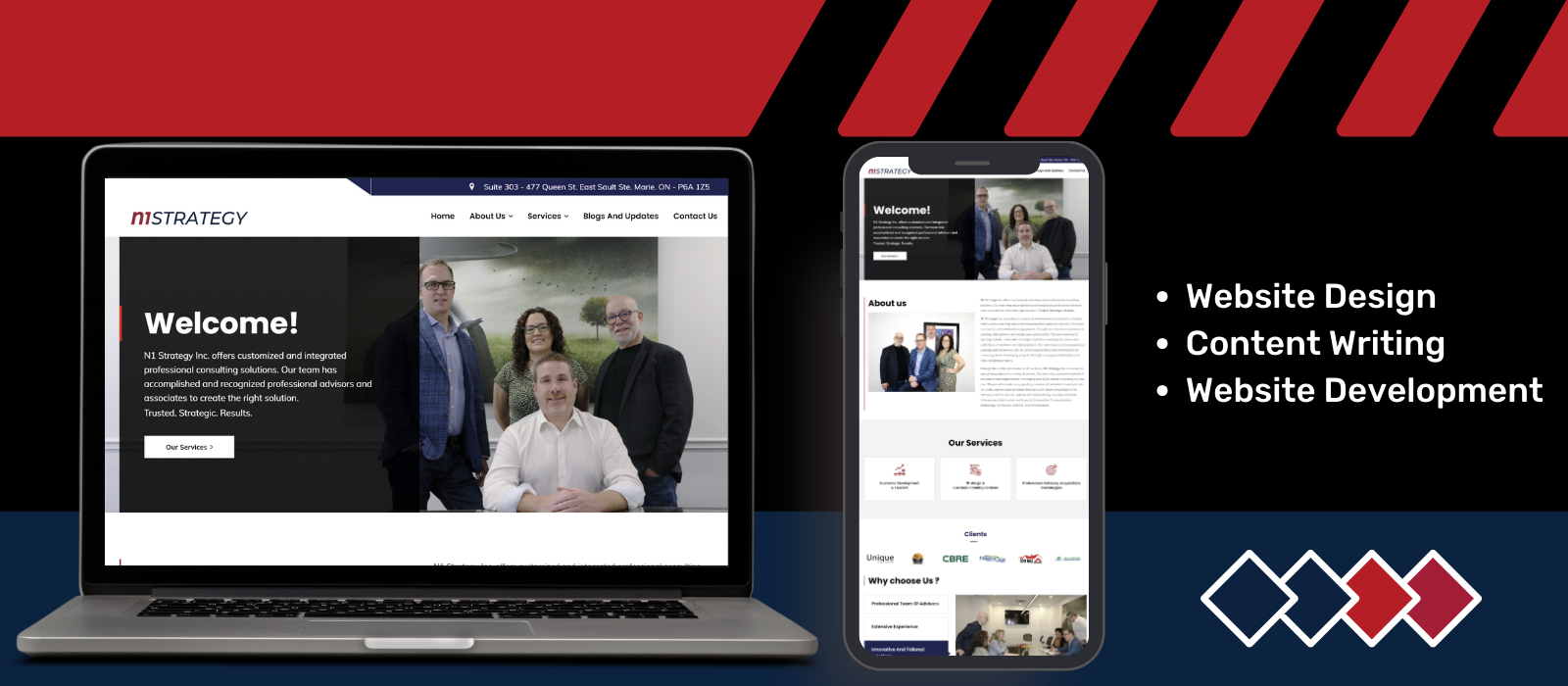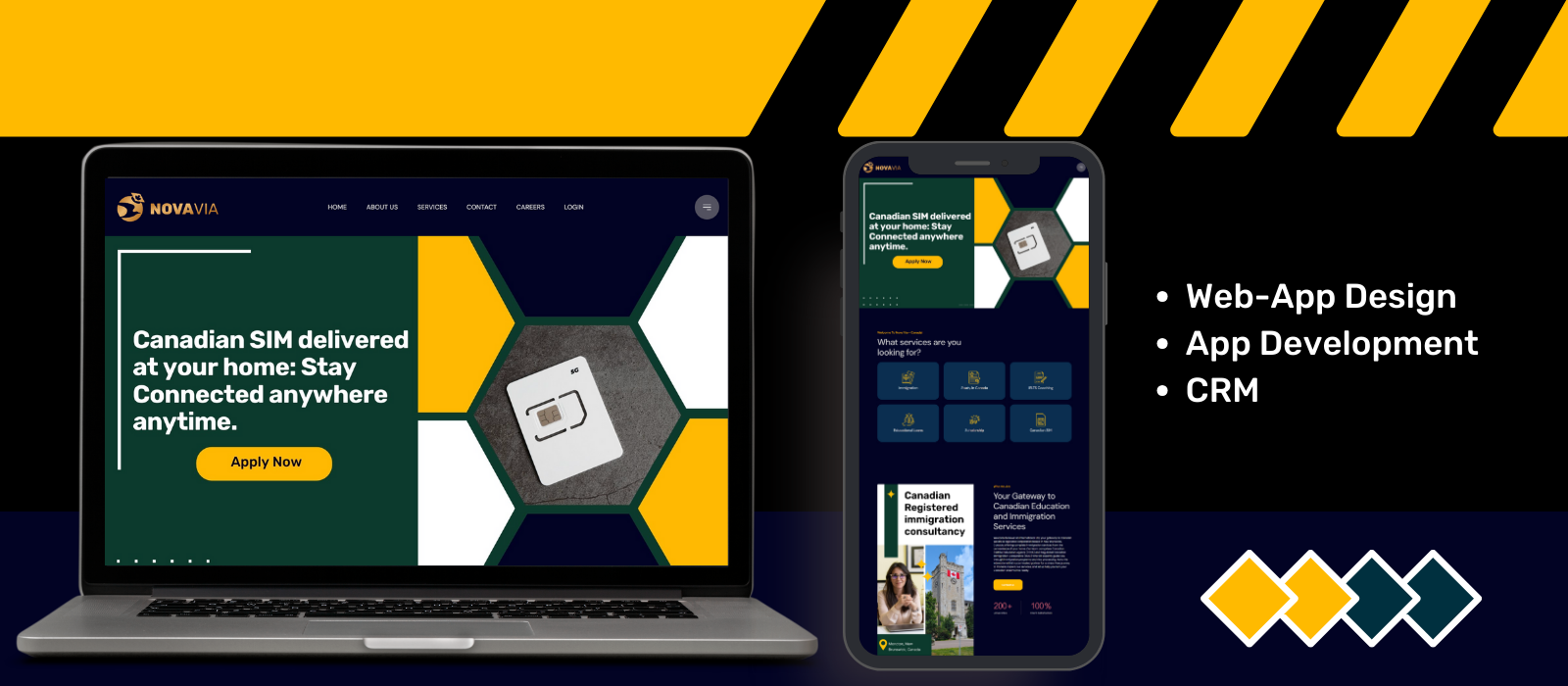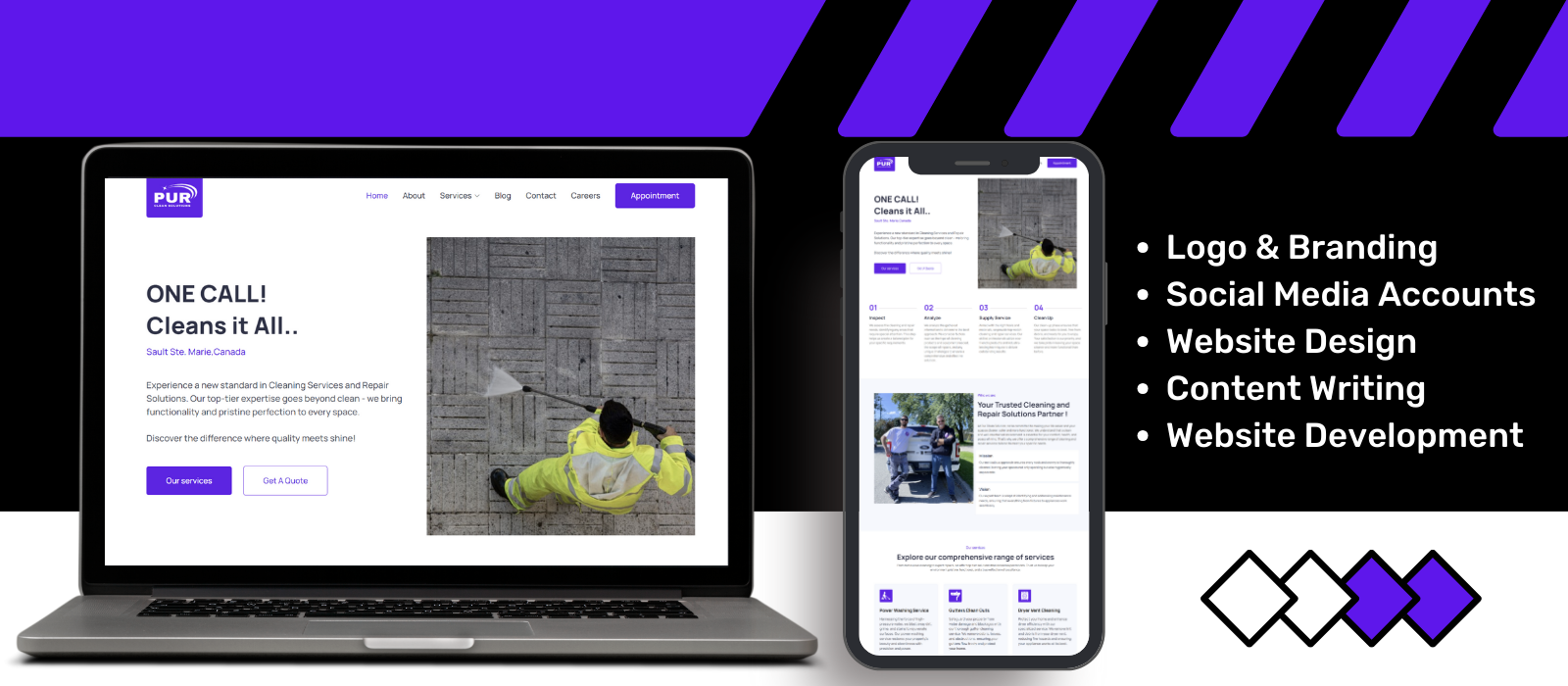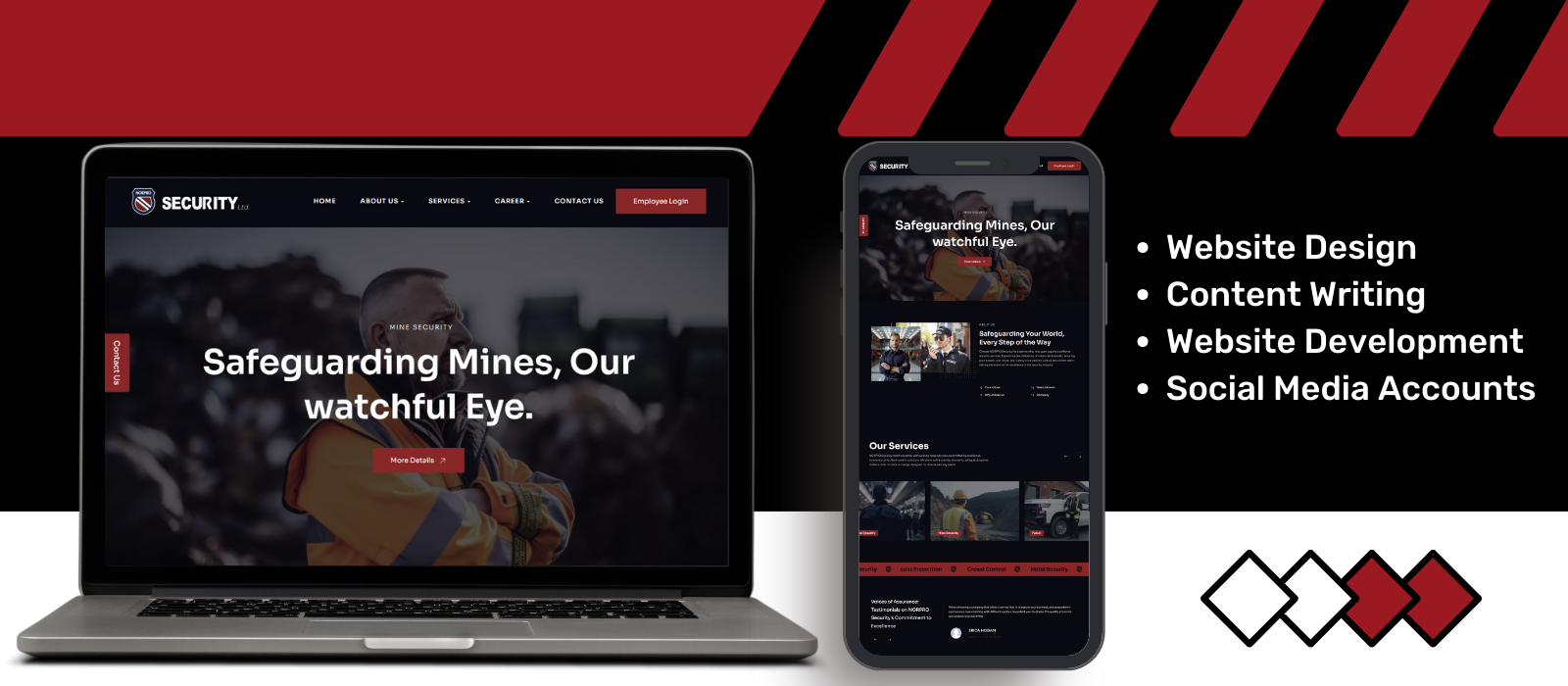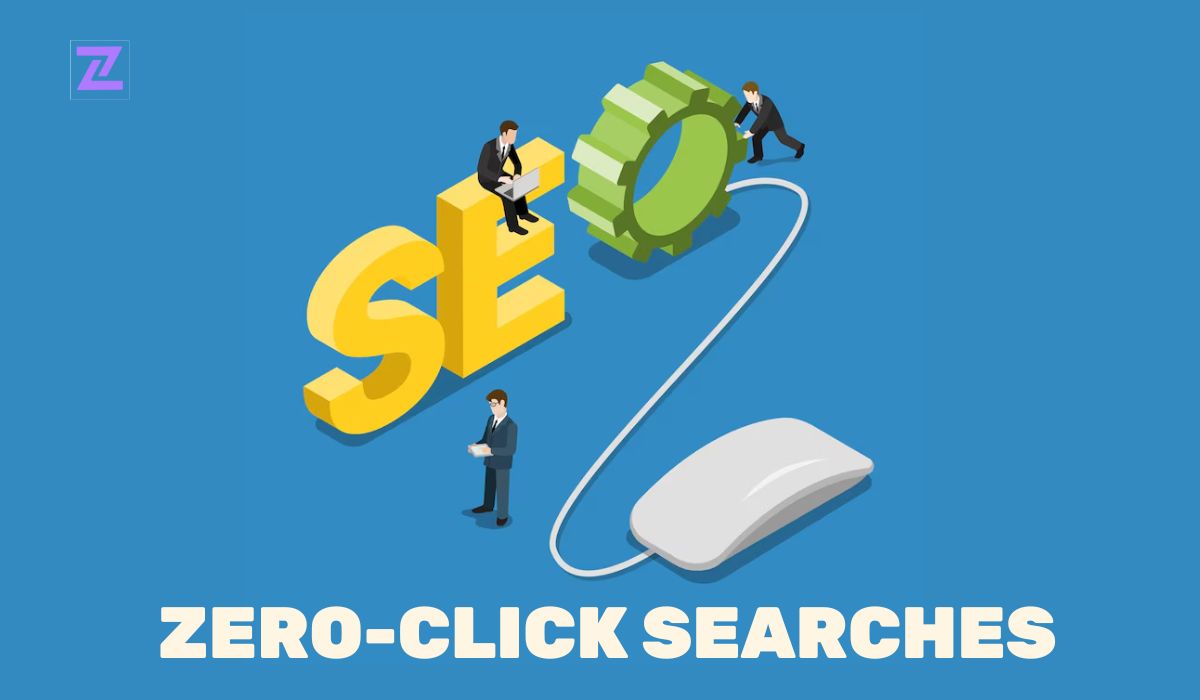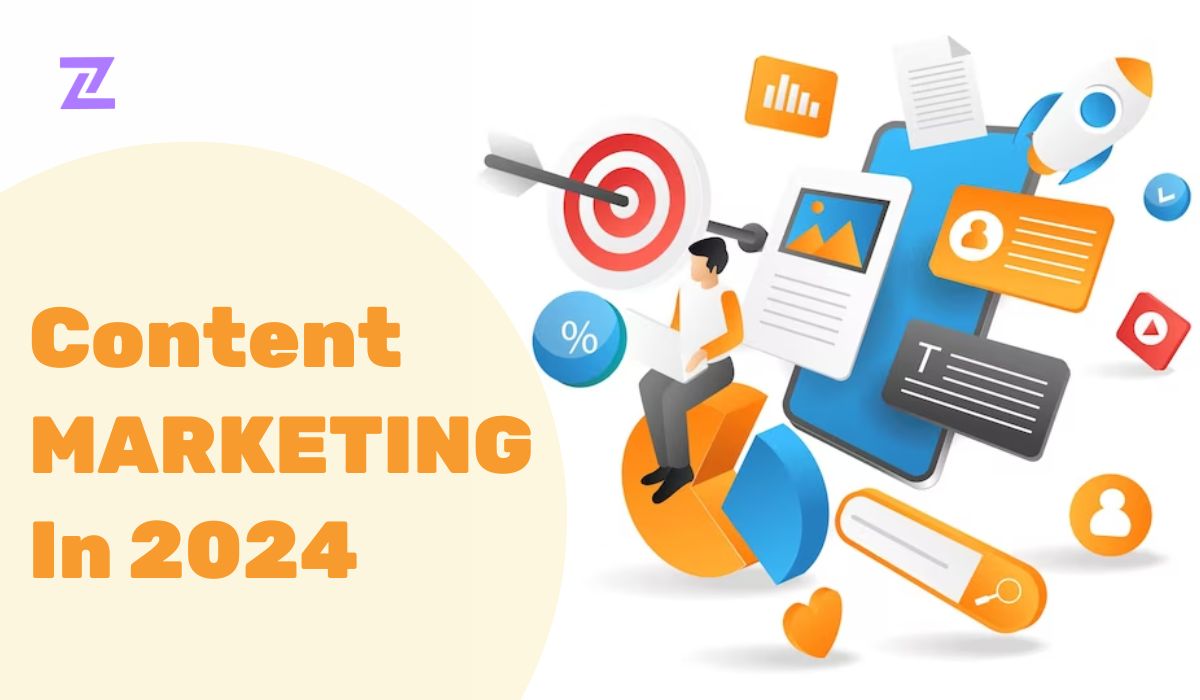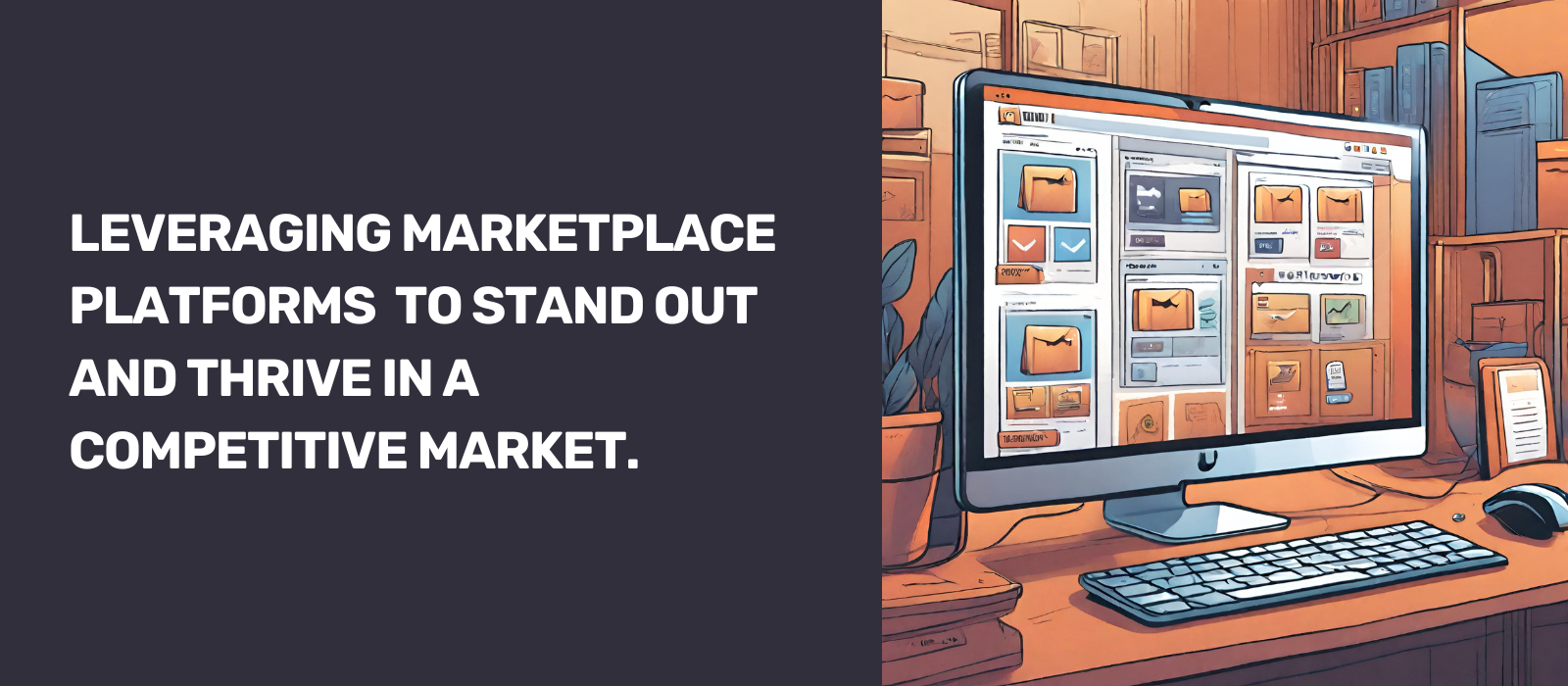
Author: Dilna Parvin
October 1, 2023
Managing and delivering content is essential for businesses, organizations, and individuals alike. Whether you're a small business owner, a content creator, or part of a large enterprise, a Content Management System (CMS) is a crucial tool for efficiently creating, organizing, and publishing your content online. However, with the excess of CMS options available, choosing the right one for your specific needs can be a daunting task.
The Importance of a Content Management System
Before we dive into the process of choosing a CMS, let's first explore why having one is so crucial. A CMS is a software application that allows users to create, edit, and manage digital content, whether it's a blog, website, e-commerce store, or any other online platform. Here are some key reasons why using a CMS is essential:
1. Simplified Content Creation and Editing
A CMS provides an intuitive, user-friendly interface for content creation and editing, eliminating the need for technical expertise. This allows content creators to focus on what they do best – creating engaging and valuable content.
2. Efficient Content Organization
Content organization is essential, especially when you have a large volume of content. A good CMS categorizes and tags content, making it easy to find and update later. This is critical for scalability and long-term success.
3. Collaborative Work
Many CMS platforms enable multiple users to collaborate on content, with different levels of access and permissions. This facilitates teamwork, whether you're a small content team or a large organization.
4. Streamlined Publishing
CMS platforms typically include tools for scheduling content publication, which is beneficial for maintaining a consistent content strategy and for maximizing audience reach.
5. SEO Optimization
Search engine optimization (SEO) is vital for online visibility. Many CMS options offer built-in SEO features or support plugins that can improve your website's search engine rankings.
6. Design Flexibility
Most CMS platforms allow for customizable designs and templates, enabling you to create a unique and visually appealing website that aligns with your brand.
7. Security and Updates
Security is paramount in the digital world. A good CMS will have regular updates and security features to protect your website from potential threats.
Choosing the Right CMS
Now that we've established the importance of a CMS, let's delve into the process of choosing the right one for your needs. EIZIE Innovations has put together a comprehensive guide to help you make an informed decision.
1. Define Your Goals and Needs
The first step in selecting the right CMS is to define your goals and requirements. Start by answering the following questions:
- What type of website or platform are you building? (Blog, e-commerce, portfolio, etc.)
- What features and functionalities do you need? (e.g., e-commerce, membership, social integration)
- How much content will you create and manage?
- Do you need multi-language support?
- What is your budget for a CMS?
- Do you have technical expertise in-house, or do you need a user-friendly interface?
2. Consider Ease of Use
If you or your team lacks extensive technical knowledge, user-friendliness is a crucial factor. Some CMS options are more intuitive and require less coding and technical expertise. WordPress, for example, is known for its user-friendly interface and vast community support.
3. Scalability
Think about your long-term goals. Your CMS should be able to grow with your needs. Ensure that it offers scalability, so you won't have to migrate to a different platform as your business or content volume expands.
4. Budget Constraints
CMS platforms vary in cost, from free, open-source options like WordPress and Joomla to subscription-based services like Squarespace and Wix. Consider your budget carefully, factoring in not only the initial costs but also ongoing expenses for hosting, plugins, and support.
5. SEO Features
Search engine optimization is vital for driving organic traffic to your website. Look for a CMS that offers SEO features or allows for easy integration with SEO plugins.
6. Design and Customization
Your website's design is a reflection of your brand. Ensure your chosen CMS offers flexibility in design and customization, whether through built-in tools or the ability to use custom themes and templates.
7. Support and Community
Consider the level of support and the size of the user community around your chosen CMS. A strong community often means faster problem-solving, more available plugins, and a broader knowledge base to draw from.
8. Security
Security is paramount in today's digital landscape. Look for a CMS that has regular security updates and features to protect your website. If you're handling sensitive customer data, this is especially crucial.
9. Mobile Responsiveness
With the increasing use of smartphones and tablets, having a mobile-responsive website is essential. Ensure that the CMS you choose provides mobile-friendly designs and features.
10. Content Migration
If you already have an existing website or content, think about the ease of migrating your content to the new CMS. Some platforms offer tools to assist in the migration process.
11. Hosting Options
Consider whether you want to manage your hosting or prefer a CMS with a hosted solution. Hosting your own CMS provides more control but requires technical expertise, while a hosted solution may be more user-friendly.
12. User Reviews and Recommendations
Research user reviews and ask for recommendations from peers in your industry. Their experiences and insights can be invaluable in making an informed decision.
13. Test and Evaluate
Before making a final decision, test the CMS options that align with your needs. Most CMS platforms offer free trials or demos. This hands-on experience will help you determine which one feels most comfortable and meets your requirements.
Popular CMS Platforms
Now that you have a clearer understanding of what to consider when choosing a CMS, let's take a look at some of the most popular options on the market:
1. WordPress
- Pros: User-friendly, extensive community and plugin support, SEO-friendly, customizable.
-Cons: Security can be a concern if not properly managed, some scalability limitations for very large websites.
WordPress is the most widely used CMS globally, and for a good reason. Its ease of use and extensive plugin library make it a versatile option for bloggers, businesses, and organizations of all sizes. Whether you're creating a simple blog or a complex e-commerce site, WordPress can be tailored to your needs.
2. Joomla
-Pros: Powerful and flexible, suitable for larger websites, multilingual support.
- Cons: Steeper learning curve than WordPress, less extensive plugin library.
Joomla is an excellent choice if you need a more robust and feature-rich CMS, particularly for larger and more complex websites. It offers multilingual support and can handle extensive content management needs. However, it may require a bit more technical knowledge than WordPress.
3. Drupal
-Pros: Highly customizable, excellent for large and complex websites, strong security.
- Cons: Steeper learning curve, not as user-friendly as WordPress.
Drupal is a powerful and flexible CMS known for its scalability and security features. It's ideal for large enterprises and organizations with complex content management requirements. However, it may not be
the best choice for beginners due to its steeper learning curve.
4. Wix
- Pros: User-friendly, a wide range of templates, hosting included.
- Cons: Less customization compared to open-source CMS platforms, ongoing costs for hosting and domain.
Wix is a user-friendly, hosted CMS platform that's perfect for those who want a simple and visually appealing website without getting into the technical details. It's an excellent choice for small businesses, portfolio websites, or personal blogs.
5. Squarespace
- Pros: Beautiful templates, user-friendly, hosting included.
- Cons: Limited customization, higher monthly costs compared to some other options.
Squarespace is known for its stunning, professionally designed templates. It's a great option for creatives, photographers, and small businesses looking to create a visually appealing website without diving into the technical complexities.
6. Shopify
- Pros: Ideal for e-commerce, user-friendly, extensive e-commerce features.
- Cons: Primarily suited for online stores, limited non-e-commerce functionalities.
Shopify is a dedicated e-commerce CMS designed for online stores. If you plan to sell products online, it's an excellent choice, offering a wide range of features for inventory management, payments, and shipping.
Selecting the right CMS is a critical decision that can significantly impact your online presence and your ability to manage and deliver content effectively. Remember that the perfect CMS for one person or organization may not be the best for another. It all comes down to your specific needs, goals, and preferences. Take the time to evaluate your options, test different platforms, and gather feedback from peers and industry experts. In the end, the right CMS will empower you to create, manage, and deliver content in a way that supports your objectives and ensures a seamless online experience for your audience.

